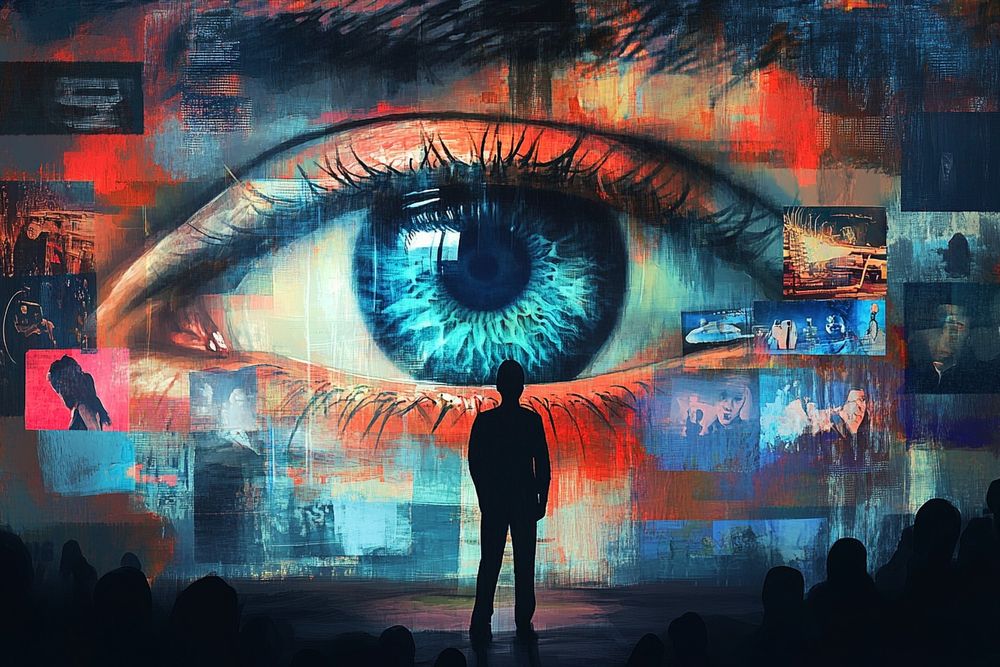Imagine someone yelling “fire” in a crowded movie theater—not just any theater, but one with no walls, stretching across the globe, running 24/7. There’s no usher to calm the panic, no alarm to confirm if the danger is real.
That’s what Meta’s decision feels like: leaving billions of people exposed to unchecked lies, hate, and scams. And when chaos erupts? They’re saying it’s on you to figure out what’s true and what’s not.
Fair? Not even close.
Here’s the kicker: humans aren’t built to outsmart algorithms. These systems are like slot machines—designed to keep you hooked. Don't believe me? Watch Brain Hacking (on 60 Minutes) here https://youtu.be/awAMTQZmvPE?si=XNgswSkskDNiuF0X
Once they’ve got you, breaking free isn’t just hard—it’s nearly impossible without outside help. And now, Meta seems to be saying, “Good luck out there.”
A Step Backward in Accountability
Instead of doubling down on responsible governance, Meta appears to be throwing in the towel. This isn’t just a tech company decision; it’s a societal one. When a platform with billions of users decides to loosen its grip on truth and safety, the ripple effects are massive. Think misinformation spreading unchecked, hate speech thriving, and scams targeting the most vulnerable.
Organizations like the Center for Countering Digital Hate (CCDH), Free Press, and the Real Facebook Oversight Board are sounding the alarm. They’ve called Meta’s shift a disaster for content moderation, warning that it will open the floodgates to harmful content.
What’s Replacing Fact-Checking?
Instead of sticking with a robust fact-checking program, Meta is leaning on a “community notes” system—a move critics have blasted as irresponsible. CCDH founder Imran Ahmed didn’t mince words, calling it a recipe for chaos. “Meta is turbocharging the spread of unchallenged online lies,” Ahmed said, emphasizing the risks to democracy, public health, and even children’s safety.
Why It Matters
This is more than just about algorithms, corporate strategies, profits and appeasing a new administration; it’s about the real-world impact. The lies and hate that spread online don’t stay online—they spill into our communities, our politics, and our lives. So, the question is: if Meta won’t step up, who will?
Maybe it’s time to stop treating these platforms like neutral tools and start holding them accountable for the worlds they’re shaping. Because, honestly, leaving it all up to the user isn’t just unfair—it’s downright dangerous.
Let me know what you think.
